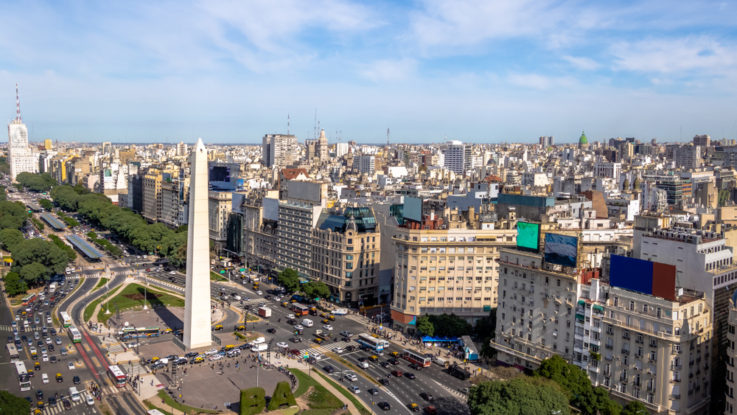
The City of Buenos Aires in Argentina recently published its Climate Action Plan 2050, which sets out targeted measures to cut greenhouse gas emissions and increase resilience. The city has the goal of being climate-neutral by the year 2050, by reducing emissions 53% by 2030 and 84% by 2050.
The plan focuses on four main areas:
- Preparedness – being able to adapt quickly in the face of new challenges with the city having a stronger and more sustainable infrastructure, while maintaining the natural environment with better tree coverage and public green spaces to help mitigate the effects of climate change;
- proximity to local amenities – a polycentric city – designed on a human scale with the pedestrian in mind – promoting more efficient and sustainable mobility, and improving residents’ well-being and quality of life;
- adoption of low carbon policies and technologies – achieving emissions reductions through energy transition in transport and distributed generation, a more efficient use of energy, the promotion of the circular economy. and an intelligent waste management system; and,
- Inclusion – guaranteeing a fair distribution of the benefits of climate action, as well as promoting environmental education, improving health and air quality, a more sustainable diet, and the integration of all neighborhoods.
Horacio Rodriguez Larreta, Mayor of Buenos Aires, said: “We are at a crossroads in climate history where cities’ commitments to climate action and building resilience will be critical to our post-pandemic recovery and to the success of key international climate milestones. Our Climate Action Plan reflects not only the importance we attach to tackling the global climate crisis and mitigating climate risks on our doorstep, but also our broader vision of continuing to build our city on a more human scale to prioritise public space, sustainability and quality of life.”